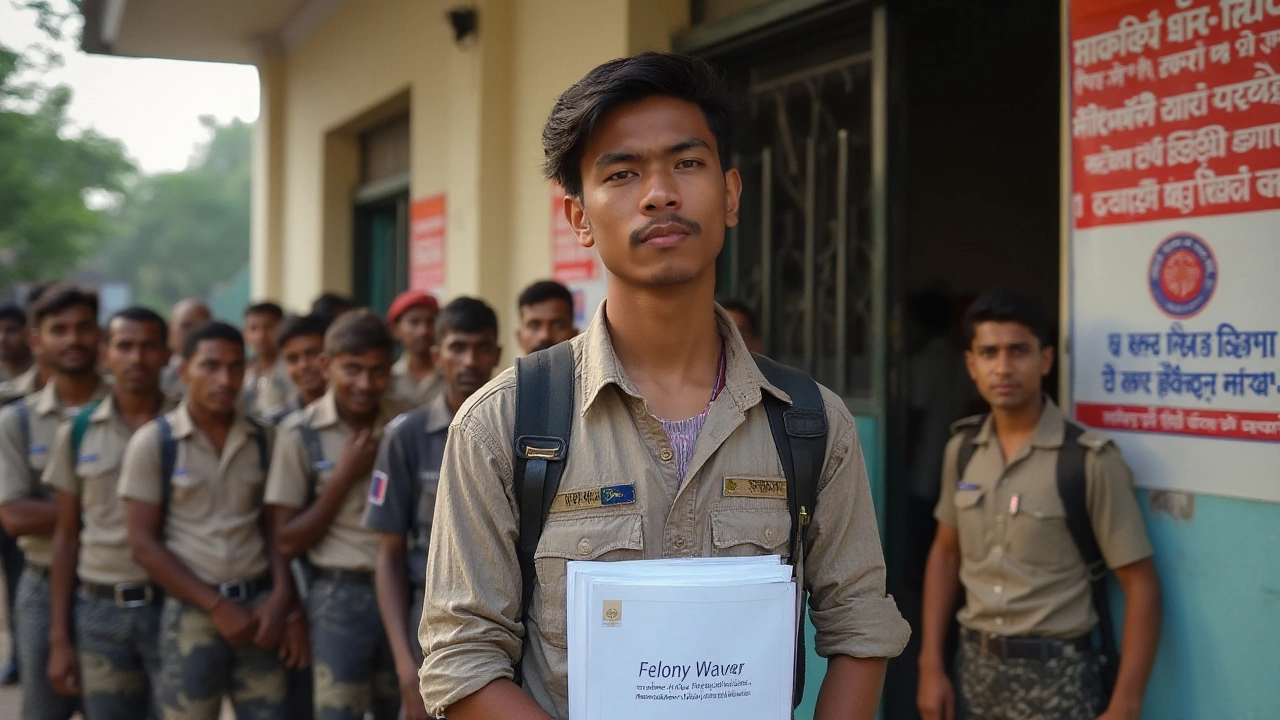
Criminal Record: Key Facts for the Indian Education Community
If you’ve ever heard the term “criminal record” and wondered how it ties into school life, you’re not alone. In India, a criminal record is simply a documented list of any convictions or pending cases a person has. While most students and parents think it only matters for jobs, schools and colleges also run background checks for safety and compliance. Knowing what’s on your record, how it can affect admissions, and what steps you can take to fix it can save a lot of stress later.
How a Criminal Record Affects School Admissions
Most private schools, engineering colleges, and medical institutes ask for a police verification or a court‑issued clearance as part of the admission process. If you have a pending case or a conviction, the institute may ask for additional documents, delay your seat allocation, or in rare cases, reject the application. The impact varies: minor offenses like traffic violations usually don’t matter, but serious crimes such as fraud, violence, or sexual offences can raise red flags. Scholarships from government bodies also require a clean record, so even if you get a seat, financial aid might be blocked.
Steps to Manage or Expunge a Record
First, get a copy of your record. You can request an Online Criminal History Check from the local police station or use the Ministry of Home Affairs portal. If you see an error, file a petition to correct it—court paperwork can be tedious, but it’s worth it. For genuine convictions, you may apply for a pardon or remission under the relevant state law after serving the sentence. In many states, after a certain “clean period” (usually five to ten years), you can approach the court to have the record expunged, which means it won’t appear in standard background checks.
While you wait for the process, keep all related documents handy: court orders, bail receipts, and any letters showing rehabilitation activities. When you submit applications, attach a brief explanation letter that outlines the nature of the case, the outcome, and the steps you’ve taken to improve. Most institutions appreciate honesty and will consider the context rather than just the label.
It’s also smart to talk to a legal advisor early. A lawyer can guide you on which forms to fill, how long each step takes, and any fees involved. Many NGOs offer free counseling for students facing criminal record issues, so you don’t have to navigate it alone.
Remember, a criminal record doesn’t define your entire future. Many successful professionals in India have cleared past mistakes, earned degrees, and built careers. The key is understanding the system, staying proactive, and presenting a clear, honest story to schools or employers.
So, if you or your child’s record shows up during a background check, don’t panic. Get the official copy, verify its accuracy, and start the clearance process right away. With the right steps, you can keep your education plans on track and focus on what truly matters—learning and growing.
